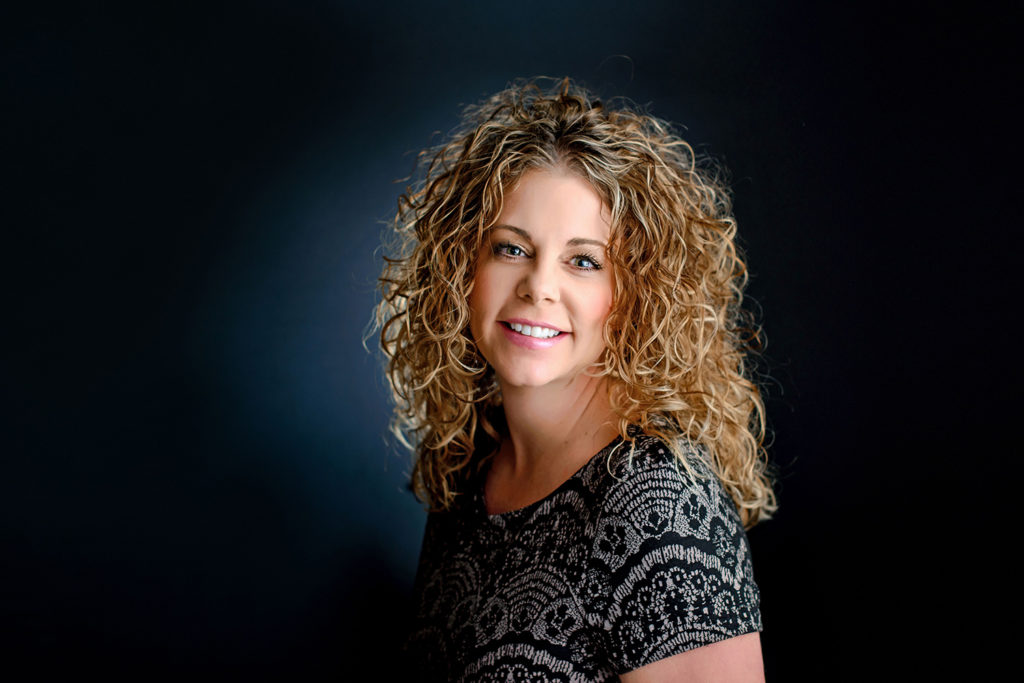Conventional vs. FHA Loans
What's the difference between an FHA and a conventional loan? That's a question that a lot of homebuyers ask. There are several things to think about in comparing the two loans.
An FHA loan is more relaxed on credit guidelines. So if you’ve had credit challenges in the past, then FHA might be the best option for you. The requirement of a 3.5% minimum down payment holds true regardless of your credit score. Likewise, the monthly mortgage insurance premium stays the same. Neither of these fluctuate based on your actual credit score. Conversely, with a conventional loan, your monthly mortgage insurance premium varies based on your credit score. Conventional loans use what’s called “risk-based pricing,” so if your credit score is lower, your monthly mortgage insurance premium will be higher because it assumes that the lower the credit score, the higher the risk involved in collecting on the loan.
Speaking of monthly mortgage insurance - on an FHA loan, unless you put down 10% for your down payment, the monthly mortgage insurance premium is for the life of the loan. On a conventional loan, a soon as your loan to value scenario hits 78% loan-to-value, your private mortgage insurance premium will drop off the loan. So if you're buying a home that you intend on staying in for 10 years or more, this is something you will want to think about.


VA Loans
The VA Loan program is the most powerful home loan program on the market for many veterans, service members, and military families. These flexible, government-backed loans come with significant benefits that open the doors of home ownership to veterans who might otherwise struggle to obtain financing. VA loans require no down payment or private mortgage insurance. They feature competitive rates and terms and allow qualified borrowers to purchase a home with little to no money out of pocket.
While VA loans still require a one-time fee - which can vary based on several factors, including the down payment amount and veteran status - the amount of money saved by VA borrowers compared to those acquiring FHA or conventional loans is pretty significant in most cases.

Condo Loans
Condo loans are very unique, so it's important to do your homework. It's still underwritten just like a regular conventional loan, except for one very important thing - the Condo Questionnaire. This is a document that the lender sends to the condo's HOA management company to fill out to see if the building that you're looking at adheres to Fannie Mae or Freddie Mac guidelines. If the unit that you are interested in is a non-warrantable condo then your loan cannot be sold to Fannie or Freddie.
Another tricky thing is that any building can change whether it's warrantable or non-warrantable from month to month because the number of units that are rental properties can fluctuate over time. The good news for you? Amy is a portfolio lender, so she'll still lend on non-warrantable condos!

Cash Out Loans
In a mortgage refinance, if you take any additional money above your current mortgage payoff, that loan is called a “Cash Out” loan.
Traditional guidelines put you at a maximum loan to value of 85%. We offer a 95% cash out loan to help you maximize the amount of cash out you can take from your homes appraised value.
When would you use a cash out mortgage? When you are wanting to consolidate high interest credit card debt. When you want to combine a first and second mortgage. When you need cash to do home improvements. When you are going through a divorce and need to pay an ex-spouse their half of the equity in the home.
We can offer you the largest cash out opportunity, which means more money for your financial needs.

Meet Amy Prater
Amy Prater has been a mortgage lender since 2000. Whether you're a first-time home buyer or buying your tenth house, she knows how to meet each customer's loan needs. Amy believes in tailoring each loan individually, and she takes the time to go over all of your options with you and help you decide on the right fit for you.
Additionally, Amy taught a First-Time Home Buyer class for FHA for five years, so her extensive knowledge of underwriting guidelines helps her easily navigate a loan from start to finish. The staff that supports her in the processing and underwriting department is one of the top reasons that Amy has been with the same bank for over 10 years. Everyone’s goal is to close your loan, and to close your loan on time. Amy has complete trust that she's working with a staff that helps her achieve that ever-important closing date! If you're looking for a loan officer that you can trust to get the loan closed on time, Amy is the lender for you.
NMLS 408913 | NMH NMLS 465954 | Member FDIC






